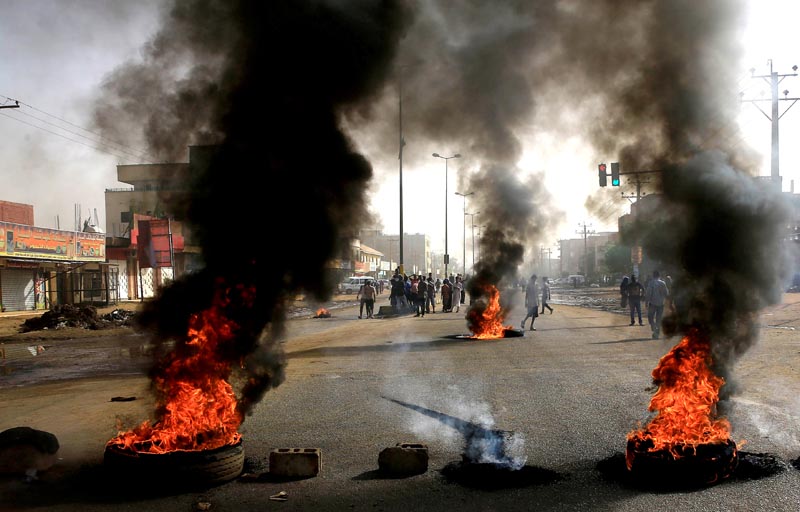Abandoned by the UAE, Sudan’s Bashir was destined to fall
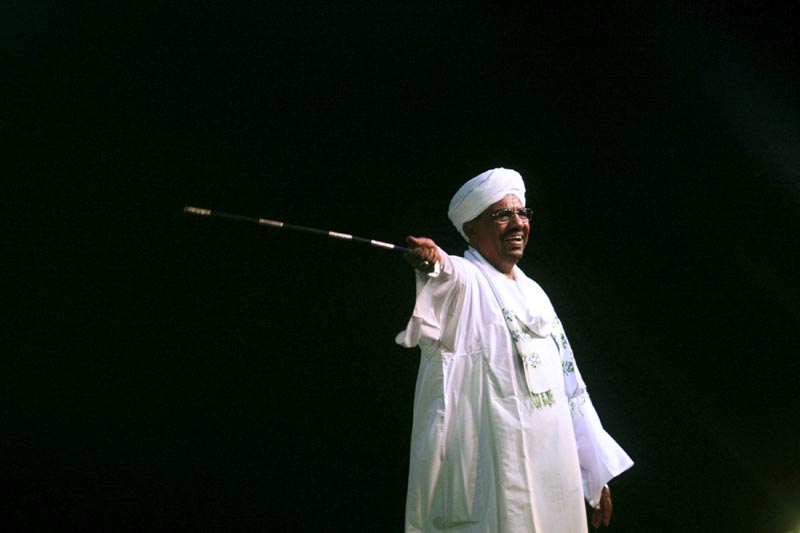
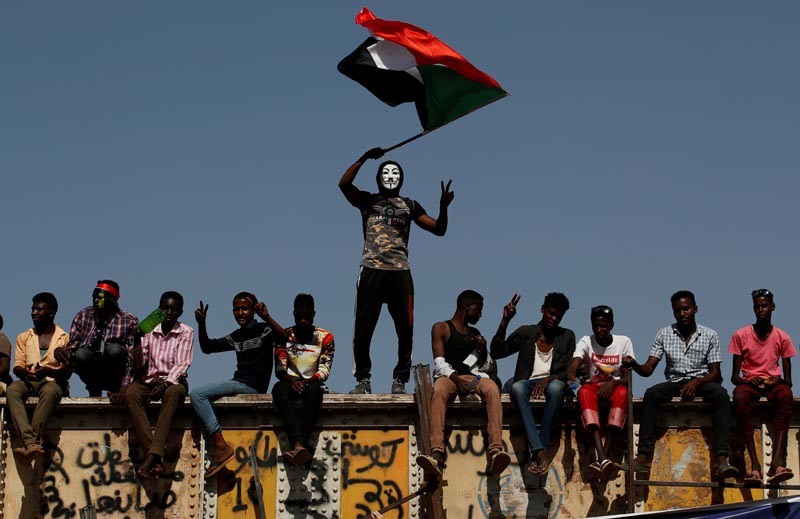
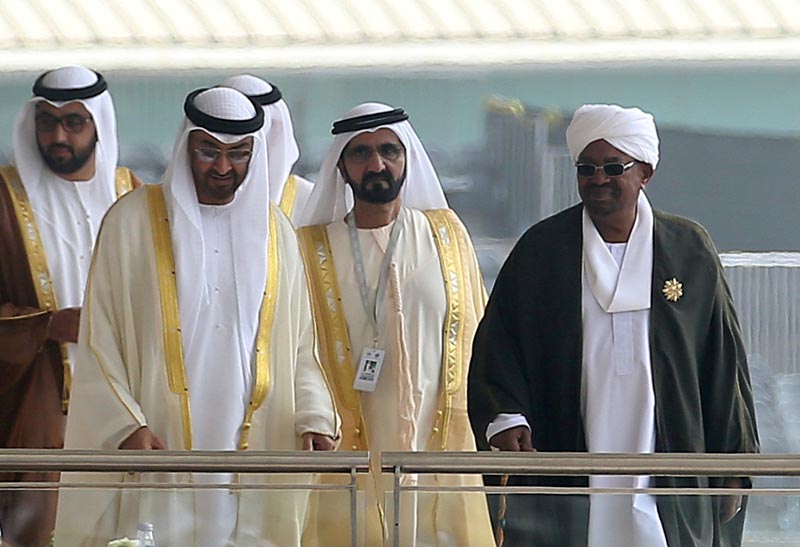
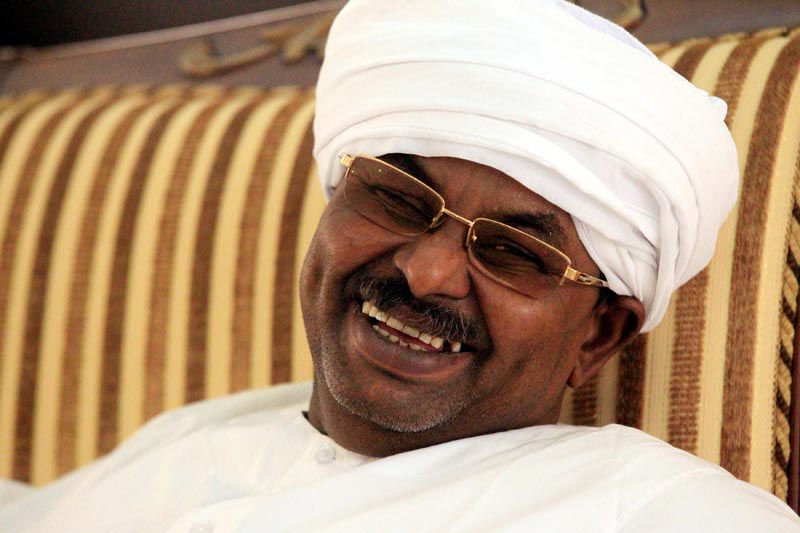
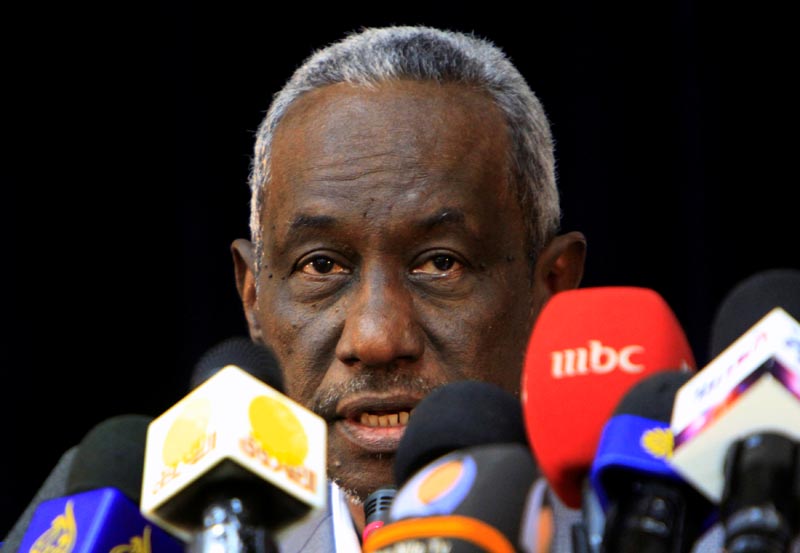
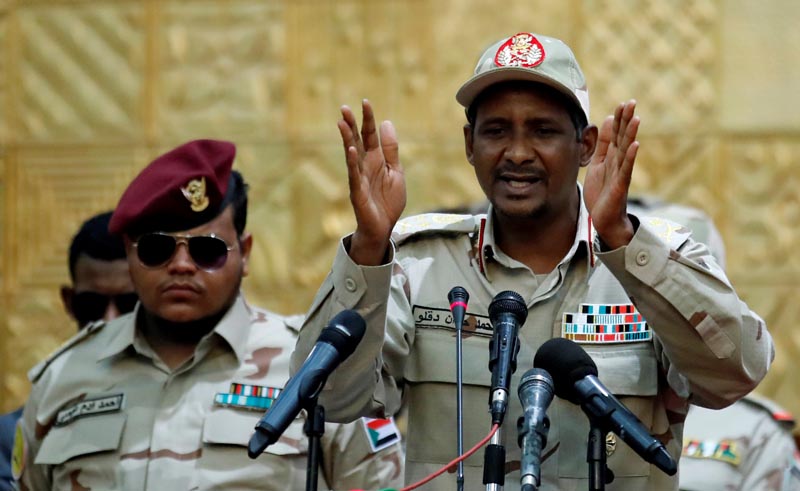
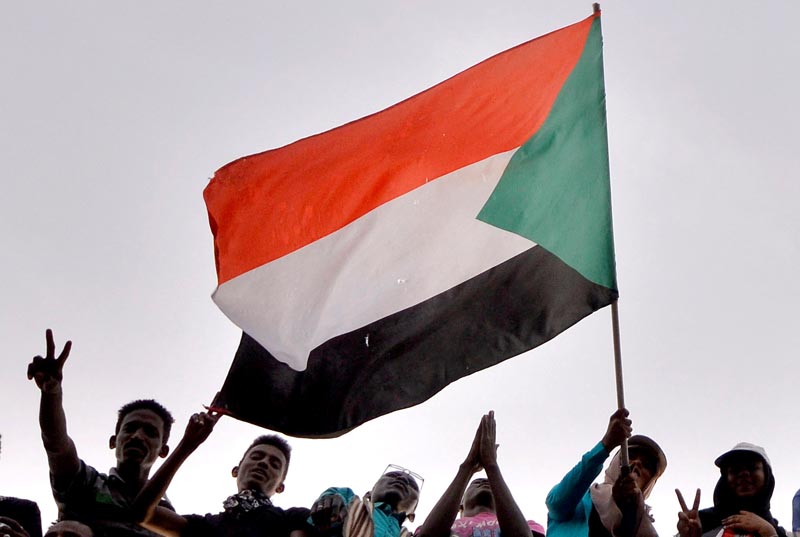
KHARTOUM: On the night of April 10, Sudan’s feared spymaster, Salah Gosh, visited President Omar Hassan al-Bashir in his palace to reassure the leader that mass protests posed no threat to his rule.
For four months, thousands of Sudanese had been taking to the streets. They were demanding democracy and an end to economic hardship.
Gosh told his boss, one of the Arab world’s longest-serving leaders, that a protest camp outside the Defence Ministry nearby would be contained or crushed, said four sources, one of whom was present at the meeting.
His mind at ease, Bashir went to bed. When he woke, four hours later, it was to the realization that Gosh had betrayed him. His palace guards were gone, replaced by regular soldiers. His 30-year rule was at an end.
A member of Bashir’s inner circle, one of a handful of people to speak with him in those final hours, said the president went to pray. “Army officers were waiting for him when he finished,” the insider told Reuters.
They informed Bashir that Sudan’s High-Security Committee, made up of the defence minister and the heads of the army, intelligence and police, was removing him from power, having concluded he’d lost control of the country.
He was taken to Khartoum’s Kobar jail, where he’d imprisoned thousands of political opponents during his rule. There he remains. It was a remarkably smooth putsch against a man who had seen off rebellions and attempted coups, survived US sanctions and evaded arrest by the International Criminal Court on charges of genocide and war crimes in Darfur.







In the weeks after Bashir’s removal, his old ally Hemedti emerged as the most powerful figure in Sudan, as deputy head of the Transitional Military Council that now runs the country. The former livestock trader gained international notoriety as one of the most ruthless militia commanders in the Darfur war that began in 2003. His militias were accused by human rights groups of atrocities including burning villages and raping and killing civilians. Hemedti has denied the allegations, as did Bashir’s government.
Gosh resigned his position on the Transitional Military Council on April 13. The spymaster was reviled by the protesters, and came under huge pressure to step down. Gosh’s whereabouts are unknown but security forces are deployed around his house in Khartoum.
On June 3, Hemedti’s soldiers crushed the sit-in outside the Defence Ministry, opening fire on protesters. Opposition medics say over 100 people were killed. Sudanese authorities put the number at 62. Then the soldiers set about clearing away the placards and banners, emblazoned with the slogans, “We don’t want to be like Egypt” and “United Arab Emirates and Saudi Arabia stop interfering in Sudan.”





